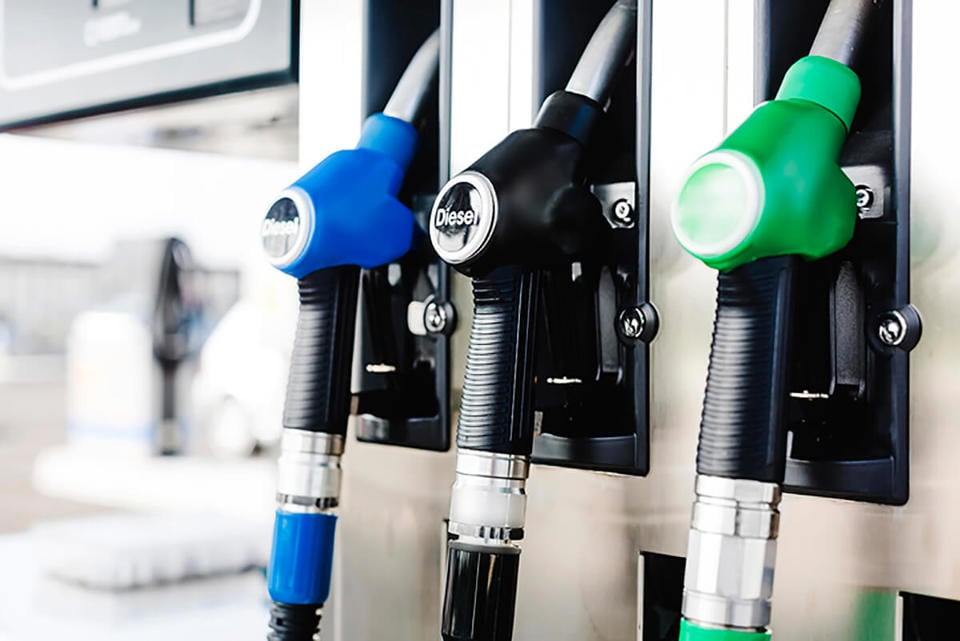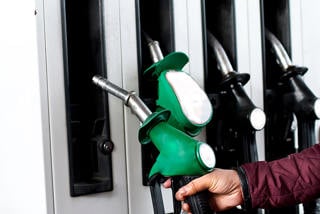Fleets should continue to focus on fuel costs and efficiency – and treat the prospect of falling pump prices as a bonus, says Arval.
The leasing and fleet management company says forecasts that petrol and diesel prices could drop by as much as 3 pence per litre are a positive but should not distract from fundamental fuel management policies.
Jon Friedenthal, consultant for Arval in the UK, said: “Pump prices have been rising for a long time, really since 2016, so if these predictions prove to be true, it is very welcome respite for drivers and businesses.
“However, the underlying fact is that effective fuel management shouldn’t really depend on pump prices as they only have a surprisingly small part to play in minimising fuel spend.
“In fact, by adopting the right policies, it is often possible to almost neutralise any rises in petrol and diesel prices while maximising the advantages when then fall.”
The fundamentals of fuel management, he says, depend on ensuring that you are selecting vehicles that deliver good fuel economy, they are being driven in a way that preserves fuel use, and are kept in a condition that enables them to maintain efficiency.
He explained: “The first step in any fuel policy is to take control of fuel spend while gathering high quality data about fuel economy. By far the easiest and best way to do this is through a fuel card.
“With the information provided, you’ll be able to identify which vehicles and drivers are performing well and which aren’t, allowing you to take management action where needed and guiding future policy.”
Some fleets take a very proactive approach to fuel management, whatever the cost of fuel, by utilising their fuel data and monitoring the performance of all drivers against the manufacturer published consumption figures. “This allows them to provide guidance to drivers that are performing outside of an acceptable range and shows drivers that this important cost is monitored,” he said.
A fuel card also allows fleets to potentially guide drivers towards cheaper fuel sites and take advantage of lower pump prices when they occurred.






















Login to comment
Comments
No comments have been made yet.